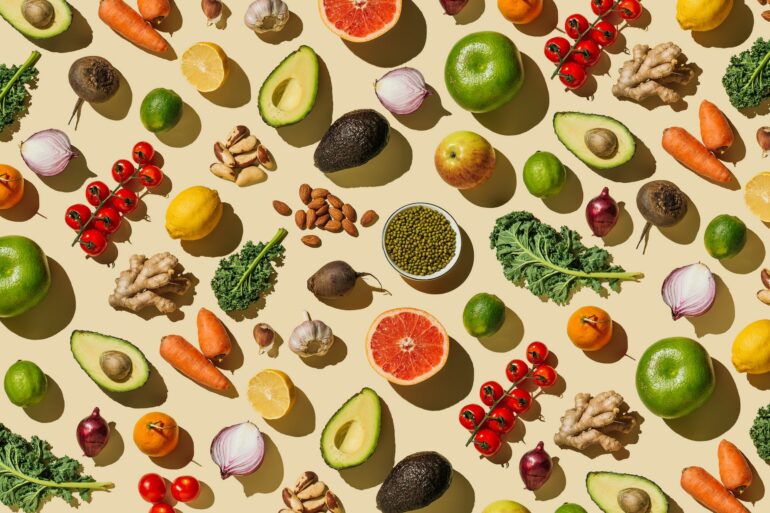Fiber might just be the key to healthy weight management – and nature packages it in perfectly balanced ratios with carbs when you eat them as whole foods. Think unprocessed fruits, vegetables, whole grains, beans, nuts and seeds. Research suggests that carbohydrates are meant to come packaged in nature-balanced ratios of total carbohydrates to fiber. In fact, certain types of fiber affect how completely your body absorbs carbohydrates and tells your cells how to process them once they are absorbed.
Fiber slows the absorption of sugar in your gut. It also orchestrates the fundamental biology that recent blockbuster weight loss drugs like Wegovy and Ozempic tap into, but in a natural way. Your microbiome transforms fiber into signals that stimulate the gut hormones that are the natural forms of these drugs. These in turn regulate how rapidly your stomach empties, how tightly your blood sugar levels are controlled and even how hungry you feel.
It’s as if unprocessed carbohydrates naturally come wrapped and packaged with their own instruction manual for your body on how to digest them.
I am a physician scientist and gastroenterologist who has spent over 20 years studying how food affects the gut microbiome and metabolism. The research is clear – fiber is important not just for happy bowel movements, but also for your blood sugar, weight and overall health.
Different types of carbs have different effects on the body.
Carbohydrates without their wrappers
Unfortunately, most Americans get the majority of their carbohydrates stripped of their natural fibers. Modern processed grains like white rice and white flour as well as many ultraprocessed foods like some sugary breakfast cereals, packaged snacks and juices have removed these fibers. They essentially come unwrapped and without instructions for the body on how much it should absorb and how it should process them. In fact, only 5% of Americans eat the recommended amount of carbohydrates with enough of their natural packaging intact. Guidelines recommend at least 25 to 30 grams of fiber a day from food.
It may not be surprising that lack of fiber contributes to diabetes and obesity. What is surprising is that the fiber gap also likely contributes to heart disease, certain types of cancer and maybe even Alzheimer’s disease.
One popular approach to mitigating some of the ill health effects of low fiber and high refined carbohydrates has been to limit carbohydrate intake. Such approaches include the low-carb, keto, paleo and Atkins diets. Each diet is a variation on a similar theme of limiting carbohydrates to varying amounts in different ways.
There is scientific backing to the benefits of some of these diets. Research shows that limiting carbohydrates induces ketosis, a biological process that frees energy from fat reserves during starvation and prolonged exercise. Low-carbohydrate diets can also help people…



